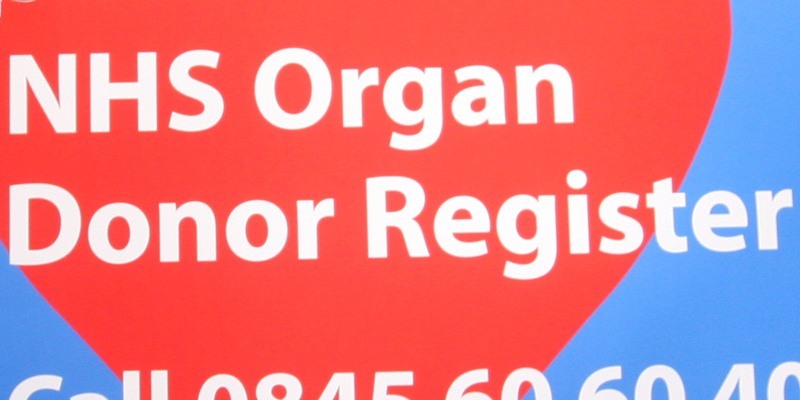The chairman of a Tayside charity that promotes organ donation throughout east and central Scotland has urged people to consider offering the gift of life.
Sid Grant, of Revival, has spoken of the crucial role that organ donors can play in saving and changing lives and hopes that those who have considered signing up to the register will follow through on that in the new year.
Kinross resident Mr Grant, himself a beneficiary of a kidney transplant, believes that although people do not like to think of their own mortality, the benefits of granting life to someone else should not be overlooked.
Speaking to The Courier, he said, “I believe organ donation helps two sets of families.
“First, the recipient of an organ and their family have life restored to normality and the donor family, while grieving the loss of a loved one, know that they have helped other families see their loved one’s pain and suffering taken away and their life extended.
“Before my kidney transplant in May 1990, I was on dialysis, always very tired and not leading the active life I now enjoy.”
He added, “Thanks to the signature on a donor card and the kindness of an anonymous family, I have enjoyed 20 years of life and a fantastic last few days Christmas Day with my family and four grandchildren, curling in the open air on Loch Leven on Boxing Day and my 40th wedding anniversary.
“As a family we are all grateful to my donor and her family and we can’t thank them enough.”
Scottish Government figures have revealed that some 2000 Scots are signing up to the organ donor register each week.
In total, over 1.8 million Scots have promised to allow their organs to be used after they die some 36% of the population and considerably higher than the UK average of 27%.
That news was welcomed by health secretary Nicola Sturgeon, who said, “There are more than 600 people in Scotland waiting on a life-saving transplant and, sadly, not all of them will get an organ in time.
“It’s great news that so many people are responding positively to our efforts to drive up the numbers on the register.”
She added, “It’s a simple equation the more people on the register, the more life-saving transplants can be carried out.”
